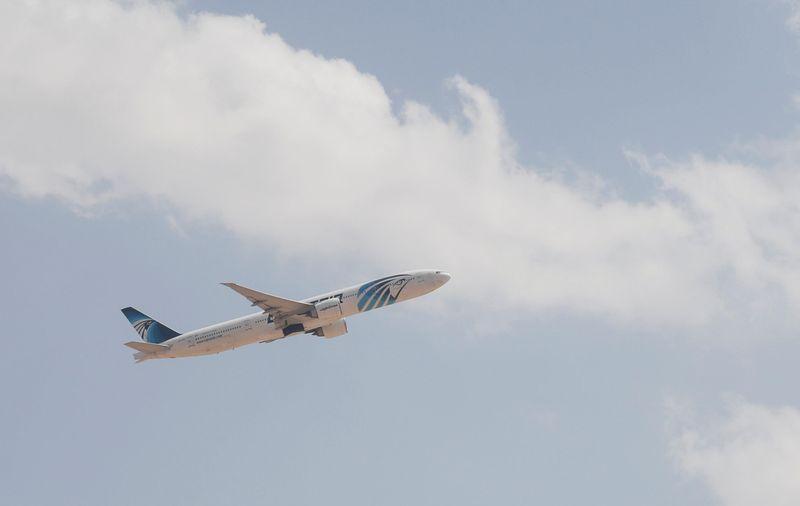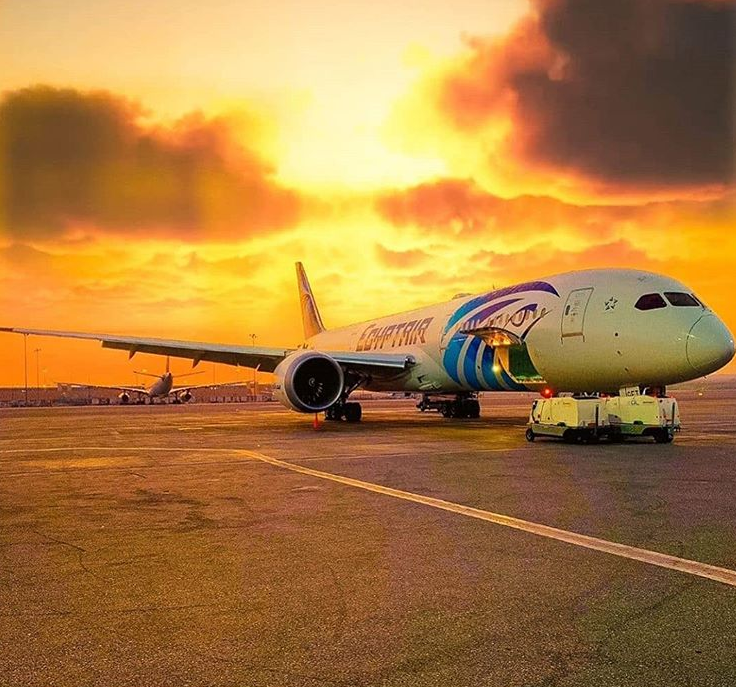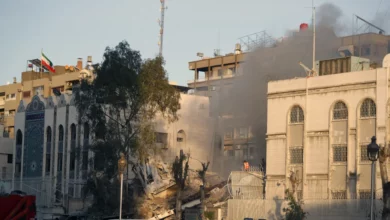US Secretary of State John Kerry pressed Iraq to stop allowing Iranian flights apparently carrying military equipment through its airspace headed to Syria, on a surprise visit to Baghdad Sunday.
Kerry warned Prime Minister Nouri al-Maliki that Washington was “watching what Iraq is doing,” the highest-level criticism yet of Baghdad for not inspecting flights that Tehran insists are carrying humanitarian supplies.
The one-day visit, the first to Iraq by a US secretary of state since 2009, also focused on American concerns that months of protests in the country’s Sunni-majority provinces will give militant groups including Al-Qaeda room to maneuver.
It comes just days after the 10th anniversary of the US-led invasion of Iraq that ousted Saddam Hussein amid concerns of flagging American influence barely a year after US forces withdrew.
“I made very clear to the prime minister that the over flights from Iran are in fact helping to sustain President [Bashar] al-Assad and his regime,” Kerry told reporters in Baghdad after meeting Maliki.
He added that he told Maliki that American politicians were “watching what Iraq is doing” and noted that anything that helped Assad was “problematic.”
“So my hope is we will be able to make some progress on this,” he said.
For months, Washington has accused Baghdad of turning a blind eye as Tehran sends military equipment through Iraqi airspace, and has called on authorities to make random, unannounced inspections.
Although American officials have often expressed frustration with Iraq’s lack of inspections, Kerry is the most senior official yet to criticize Baghdad.
Iraq announced two inspections of aircraft, both in October 2012, but the New York Times reported in December that Iran appears to have been tipped off by Iraqi officials as to when inspections would be conducted, so helping Tehran avoid detection.
Iran has remained a steadfast ally of Assad’s regime despite the conflict in his country, which, according to the United Nations, has killed more than 70,000 people since it erupted in March 2011.
Kerry also pushed for Iraq’s Shia-led government to better engage with its Sunni Arab minority, who have been protesting since December over the alleged targeting of their community by the authorities.
In particular, he urged Maliki and his cabinet to “revisit” a decision to postpone provincial elections scheduled for 20 April in two large Sunni-majority provinces.
“We believe very strongly that everybody needs to vote simultaneously,” he said.
Kerry said Maliki told him it was “appropriate to revisit” the decision.
America’s top diplomat also met Iraq’s parliament speaker, Osama al-Nujaifi, a senior leader of the Sunni-backed Iraqiya movement that is part of Maliki’s national unity cabinet but has boycotted government meetings.
A Western diplomat warned this month that Washington was concerned by “the vacuum that it [the protest movement in Sunni Arab provinces] creates for Al-Qaeda to come in and play a role.”
Kerry's visit comes amid claims of waning American influence in Iraq, particularly since the December 2011 withdrawal of US forces, and concerns that Baghdad’s Shia neighbor Iran wields greater clout.
“The full withdrawal of the US military … reduced our leverage,” Ryan Crocker, a former US ambassador to Iraq, said in an address to the Carnegie Council in Washington on 21 March. “It is time to engage in a serious, sustained and high-level manner and, through that engagement, exert a greater influence with all the parties.”
The American mission to Iraq, however, remains the biggest in the world, and US officials have consistently disputed arguments that Washington’s influence is on the decline.
The visit to Iraq is Kerry’s latest on a Middle East tour, the first part conducted alongside US President Barack Obama, that has also taken him to Israel, the Palestinian territories and Jordan.




